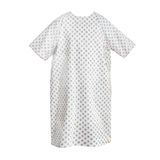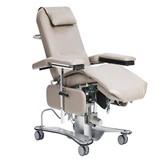As such, health workers should practise good hand hygiene when caring for patients to protect them from contracting infections in health facilities, WHO have said in a statement on Hand Hygiene Day (5 May).
Healthcare-associated infections usually occur when germs are transferred by health-care providers' hands touching the patient.
Of every 100 hospitalised patients, at least 7 in high-income and 10 in low-/middle-income countries will acquire a healthcare-associated infection.
Among critically ill and vulnerable patients in intensive care units, that figure rises to around 30 per 100, which is why proper hygiene practices are an imperative measure in such places, according to Brent Caldow, Marketing Executive – Healthcare Projects at Signet, a specialist supplier of hospital-grade hand sanitisers.
"Proper hand hygiene is integral to minimise both the risk and spread of infections within a hospital environment," Caldow said.
Every year, hundreds of millions of patients around the world are affected by healthcare-associated infections, a high proportion of which is caused by germs that are resistant to antimicrobial drugs.
When patients are infected with germs that don't respond well to antibiotics, they generally have worse clinical outcomes, cost more to treat and are more likely to die than other patients.
Antimicrobial resistance and good hand hygiene
Earlier this week, WHO issued a major global report on antimicrobial resistance documenting high rates of resistance in bacteria that cause common infections (e.g. urinary tract infection, surgical site infections, pneumonia and bloodstream infections) in all regions of the world.
The initial results of the global survey confirm that resistance is very frequent in bacteria isolated in health-care facilities.
For instance, for a devastating bug called Methicillin-resistant Staphylococcus aureus (MRSA), it is as high as 44, 40 and 38 per cent on average in Latin America, West African countries, and Europe respectively.
"There is clear scientific evidence that good hand hygiene by health workers reduces healthcare-associated infections caused by resistant germs, in particular by MRSA," says Professor Benedetta Allegranzi, technical lead of the WHO Clean Care is Safer Care programme and of the activities planned for Hand Hygiene Day.
5 key moments
Health workers can play a vital role to protect patients from infections that are difficult to treat by performing hand hygiene at 5 key moments, preferably by using an alcohol-based rub or by hand washing with soap and water if hands are visibly dirty.
The '5 Moments' for hand hygiene are:
- before touching a patient
- before clean and aseptic procedures (e.g. inserting devices such as catheters)
- after contact with body fluids
- after touching a patient
- after touching patient surroundings
The use of alcohol-based hand rub products is a key factor to achieve improvement because they can be promptly used at the point of care when hand hygiene is needed to ensure patient safety and they have higher antimicrobial effect than soap and water.
"Although the development of new antibiotics is vital to provide new treatment options, strengthening hand hygiene and other infection control best practices has the potential to stop antimicrobial resistance," says Dr. Edward Kelley, Director, Service Delivery and Safety which hosts the Clean Care is Safer Care programme.
"Preventing the transmission and spread of the germs, avoids infections and the related treatment constraints and patient suffering."

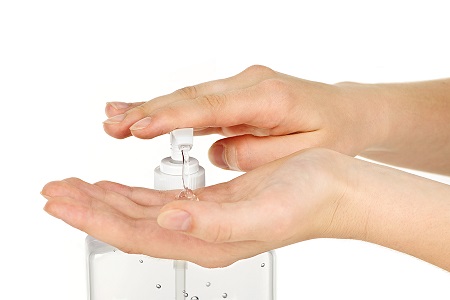

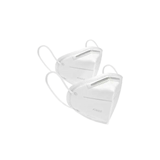





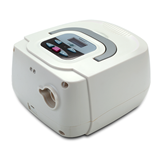

-160x160-state_article-rel-cat.png)


